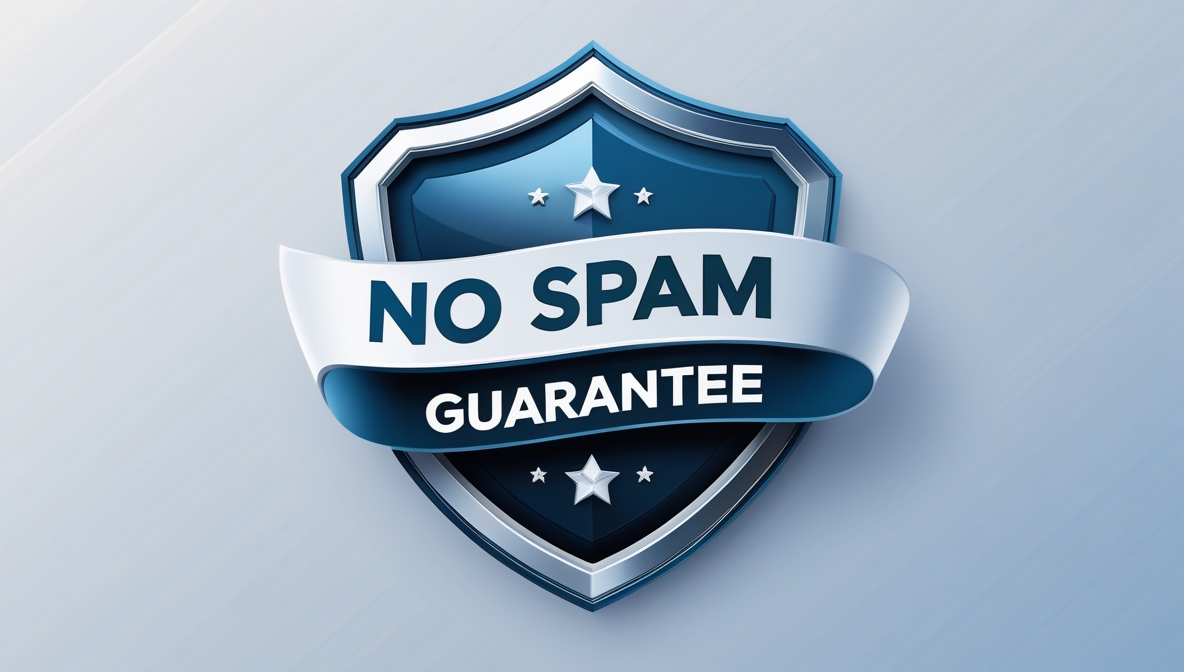Learn what domain tasting is, how to evaluate expired domains for SEO potential, and best practices for domain investment. Maximize your digital assets by understanding the key factors behind domain tasting and SEO value.
What is Domain Tasting and How It Impacts Your Business
Domain tasting is temporarily registering a domain name to evaluate its potential value, traffic, or profitability before deciding whether to keep or cancel it. Scammers frequently use this tactic to exploit human error and the loopholes in the domain registration system.
Domain Tasting vs. Fat Finger Schemes: A Comparison
Domain tasting is to the web what "fat finger" schemes were to the telephone industry. In "fat finger" schemes, scammers exploited that people made mistakes when dialing phone numbers, registering similar 1-800 numbers to well-known toll-free services. When unsuspecting callers dialed these numbers by mistake, they were charged exorbitant fees.
Similarly, domain tasting takes advantage of slight typos when people type URLs. These scammers register misspelled versions of popular websites and profit from their traffic, often redirecting visitors to ad-heavy pages or malicious sites.
ICANN’s Five-Day Grace Period Rule
ICANN (the Internet Corporation for Assigned Names and Numbers) introduced a five-day grace period for domain registrations to make domain registration more user-friendly. During this time, users can cancel their domain registration at no cost. The rule allowed individuals and businesses to correct misspelled or incorrect domains without being financially penalized. However, scammers saw an opportunity in this policy.
How Scammers Exploit Domain Tasting
Scammers use automated tools to register thousands of domains with slight variations of popular brand names. For example, someone could register domains like "www.toyote.com" or "www.touota.com"—common misspellings of the popular car brand Toyota.
Once these domains are active, scammers populate them with ads from platforms like Google AdWords or Yahoo, earning revenue every time someone clicks an ad. The domains are tested over the five-day grace period, and if they don't generate enough traffic, the registration is canceled before any fees are incurred.
The Impact of Domain Tasting on Brands
For businesses, domain tasting is more than an inconvenience—it can harm their brand's reputation. Misspelled versions of their website may lead users to fraudulent or offensive content, which can cause customers to associate their brand with low-quality or harmful material.
This practice can damage customer trust, reduce traffic to your legitimate website, and ultimately cost your business revenue. Furthermore, domain tasting often leads to cybersquatting—when scammers hold onto domain names closely related to your brand only to sell them at exorbitant prices.
Protecting Your Brand from Domain Tasting
The good news is that services and tools are available to help you track and prevent domain-tasting abuse. Services such as domain monitoring can alert you when variations of your brand are registered, giving you a chance to act before scammers take advantage. Additionally, you can proactively register misspelled versions of your domain to prevent this exploitation.
ICANN's Response and Measures Against Domain Tasting
Due to widespread abuse, ICANN implemented stricter policies to curb domain tasting. These include penalties for excessive cancellations during the grace period and limitations on how many domains can be canceled without incurring fees. As a result, the frequency of domain tasting has significantly declined, but it remains a threat to brand owners who aren't vigilant.
Conclusion
Domain tasting exploits human error, but its impact on businesses can be severe. By staying informed and using protective measures like domain monitoring, you can guard your brand against these schemes. Proactive action is the best defense in safeguarding your digital presence.
